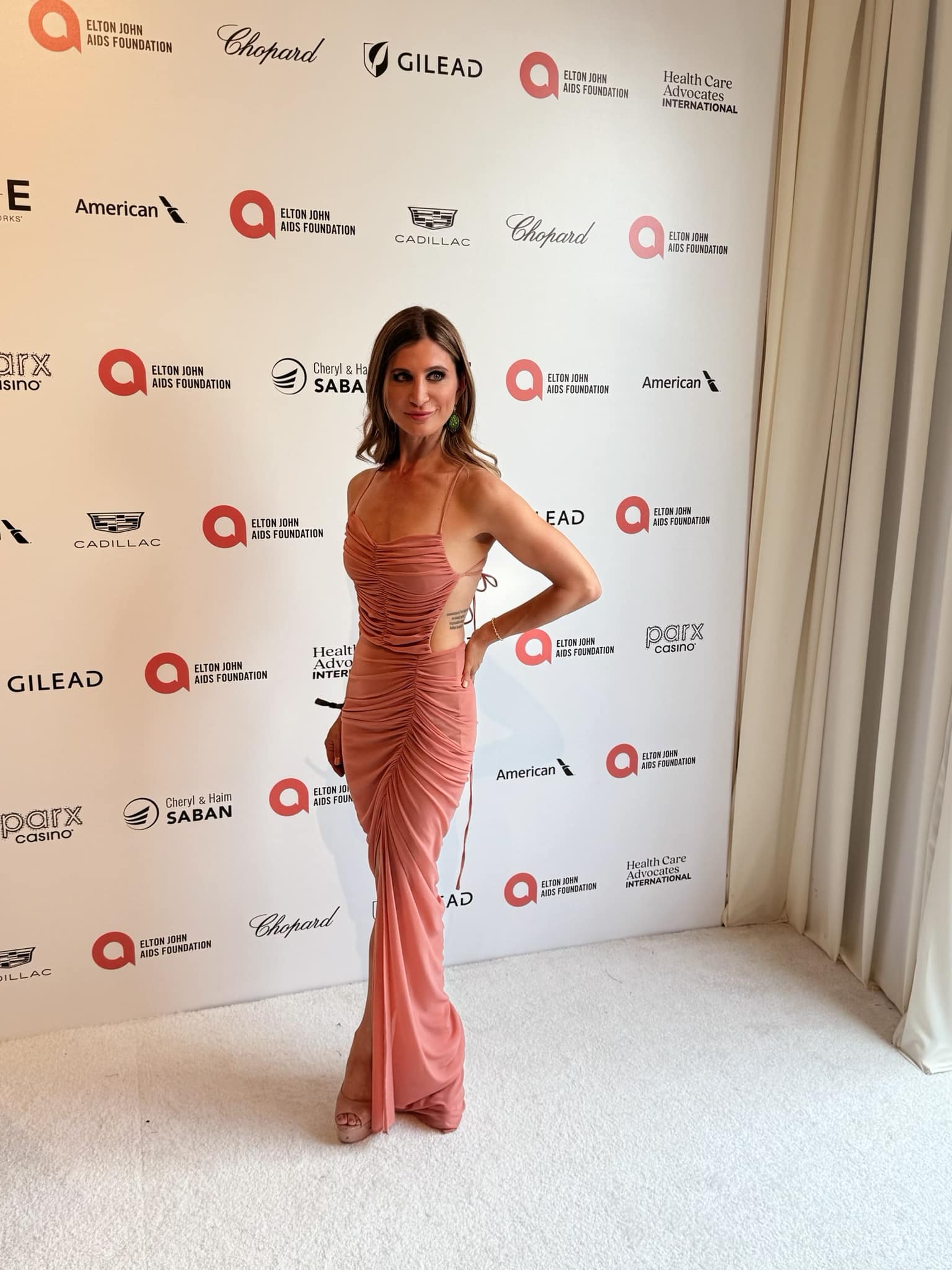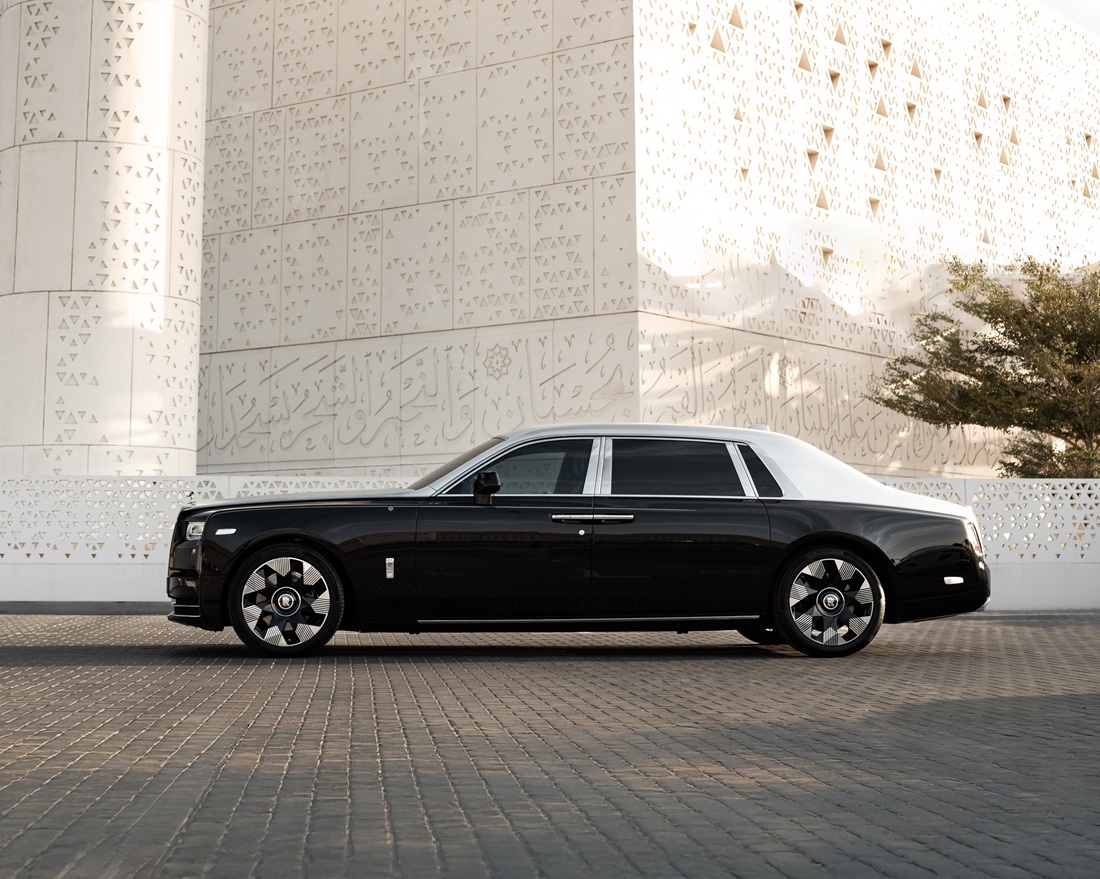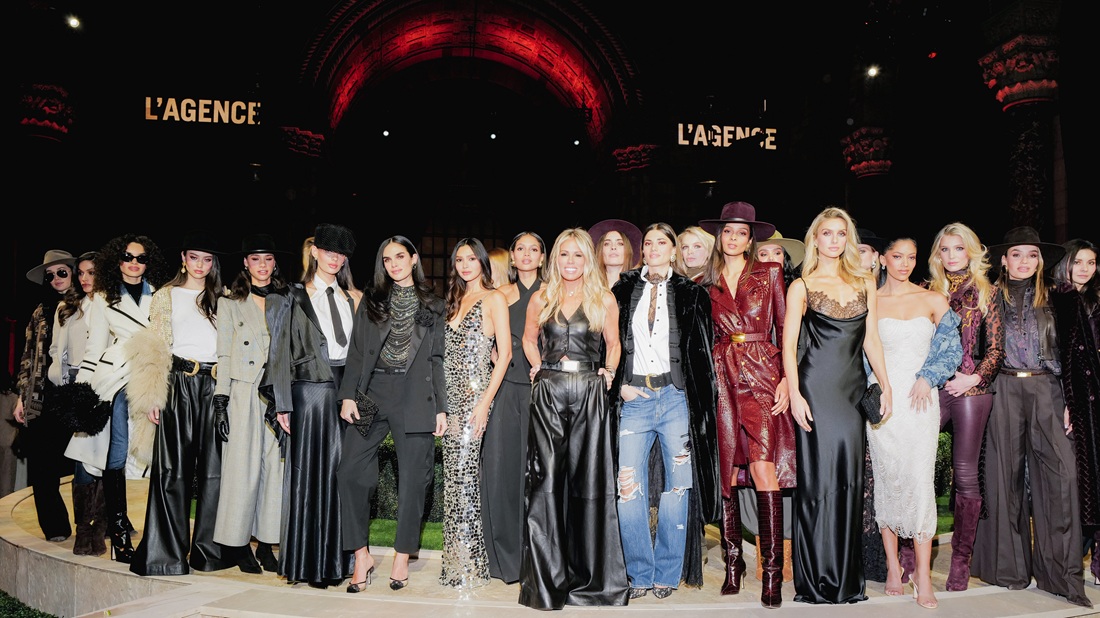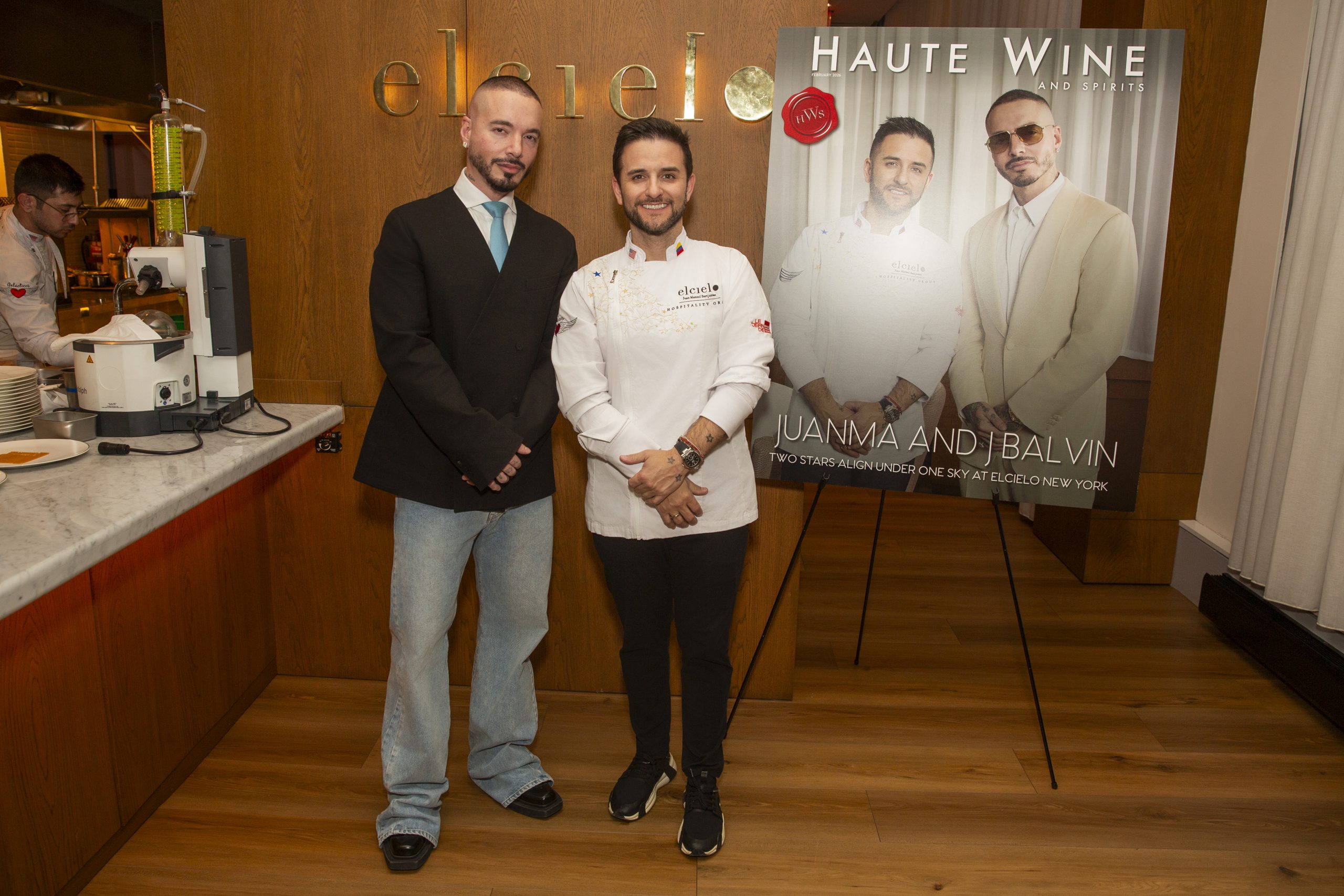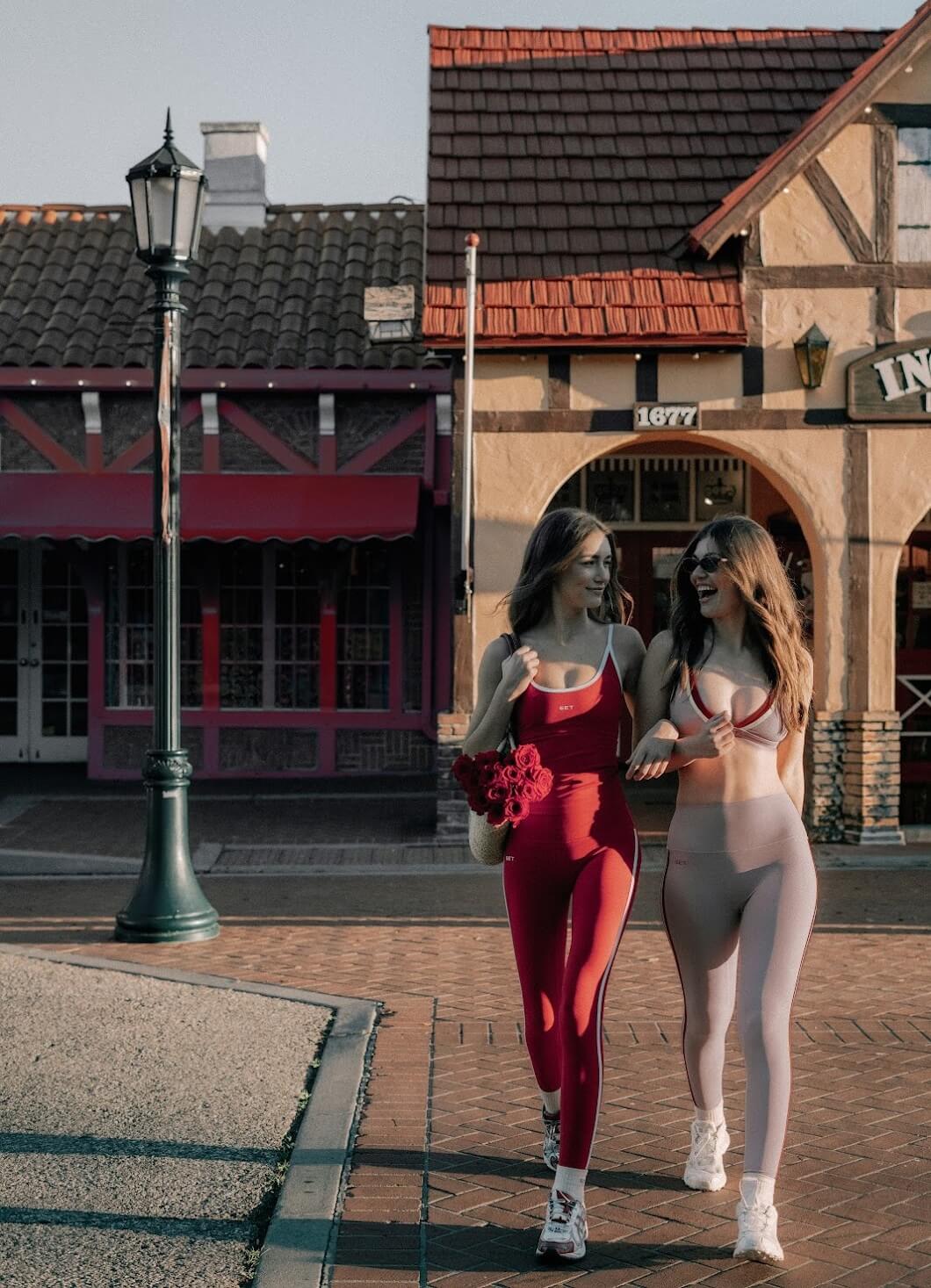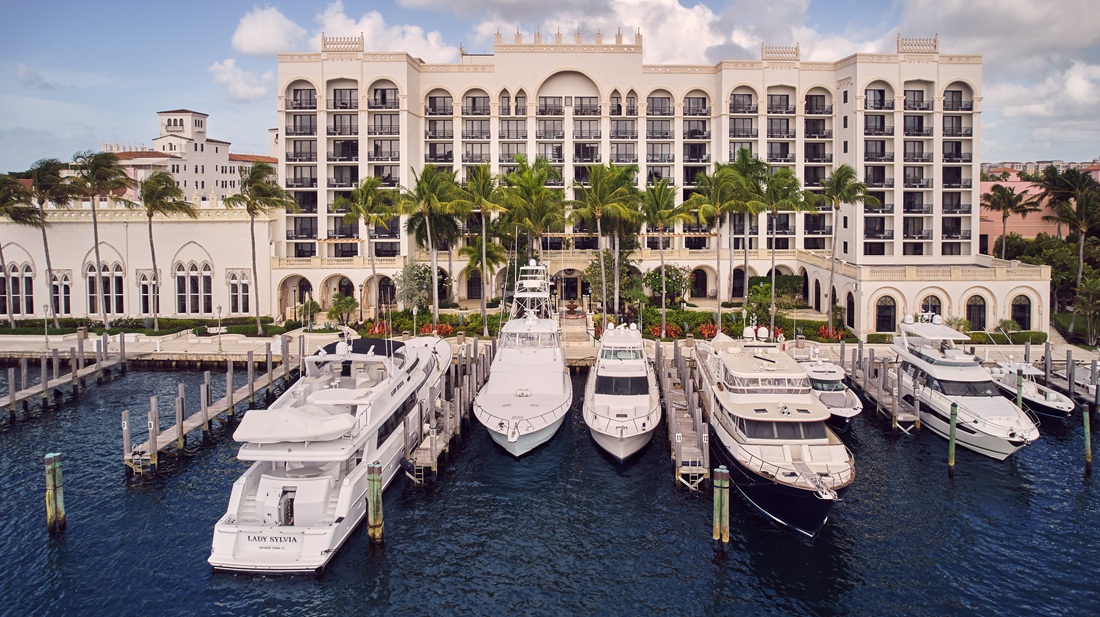“Black-ish” Star Anthony Anderson Wants To Be The Next Ryan Seacrest
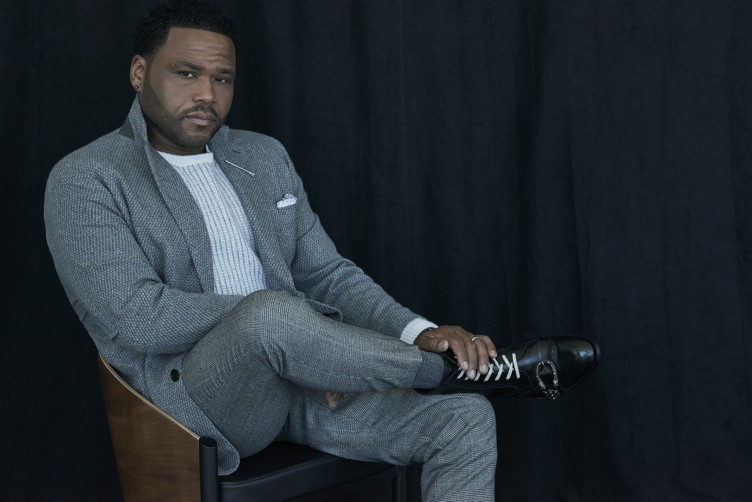
BY: LAURA SCHREFFLER
PHOTOGRAPHY: MARK SQUIRES
STYLING: COURTNEY MAYS
GROOMING: KOKEETA DOUGLAS
BARBER: STACY MORRIS
SHOT ON LOCATION AT TEN THOUSAND RESIDENCES
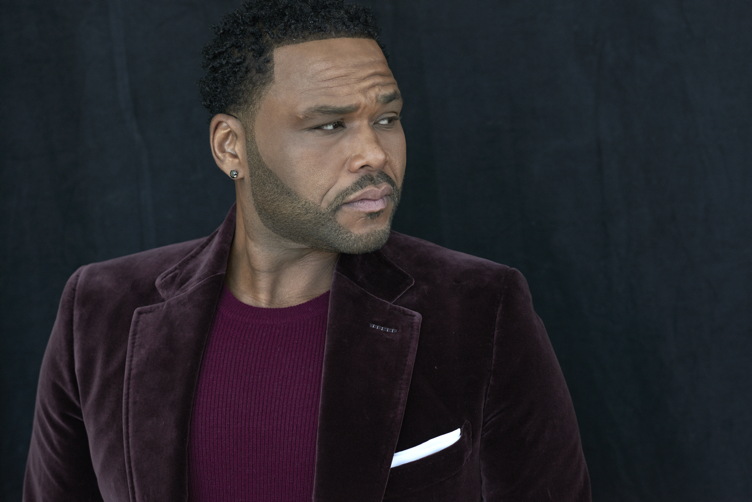
WHEN ANTHONY ANDERSON WAS A BOY GROWING UP IN THE HOOD, HE HAD THREE BIG DREAMS: to play pro ball for the Dallas Cowboys, to be a lawyer and to act. Fast-forward 38 years, and one of his dreams has become reality, which is why, at 10:30 p.m. after a 14-hour workday on the set of his Emmy-nominated series, black-ish, the 47-year-old actor is upbeat, chatty and absolutely under no circumstances showing any sign of slowing down.
To our credit, we do, at the very least, get him to sit down for a late-night discussion on the power of aspiration. “I get to live my dream every single day,” Anderson tells us so slowly, so seriously, that each word seems to have its own punctuation. “Not too many people can say that they live their dream, but I’m one of the fortunate ones that do. To entertain, to have the audience that I have, doing what I was born to do. I consider it a gift, and it’s my responsibility to share this gift with the masses, with the world, and what better way than the medium of film and entertainment?”
He had his career epiphany at the ripe old age of nine. After going back and forth (as you do before year 10) between his three aspiring job choices, he quite pragmatically made his decision while watching his mother, Doris, a telephone operator and aspiring thespian herself, onstage at the Compton Community College performing in A Raisin in the Sun. He had been horsing around with his two brothers, paying the production no mind, when he suddenly looked up and saw his mom onstage. He didn’t have a cinematic chorus playing in the background and wasn’t smacked in the face with a white light, but regardless, it was then that he knew. “I happened to look up at [my mother], and at that moment I thought, ‘That’s what I’m going to do with the rest of my life.’ I realized that if I ever became an actor, I could become [a football player and a lawyer] and also whatever else I wanted to be in life. And here we are now, 38 years later,” he says.
“Here” for Anderson—on the Disney lot set in Burbank—is both literally and figuratively a good place to be. “I call it work because that’s what most people associate it with,” he notes, adding, “but for the most part, it’s play for me.”
It’s a damned good thing he sees it that way, because the amount of hours Anderson puts into the show—as he’s done since its 2014 debut—is mind-boggling. As both its star and executive producer, he’s always the first one in and the last one out.
Then again, it isn’t surprising that he has a hard time separating from his work; the character he plays on the small screen is, in part, himself.
The idea for the series was born during a prearranged meeting between Anderson and America’s Next Top Model co-creator Kenya Barris. Together, they discussed their favorite shows and what they felt was missing from the current television market. “We were both Norman Lear fans,” he says. “We missed shows like All in the Family, Good Times, The Jeffersons, The Cosby Show. Then, we put business aside, sat down, had a few drinks, got to know each other and realized we had more in common than we didn’t. We’re both first-generation successful, both from the hood [Barris is from the L.A. suburb Inglewood], both of us are the only African-Americans living in our respective neighborhoods, both of us have children that are in private school[s] and both of us are dealing with the trappings of our success.”
One common question arose. How could their children honor their past while living in the present? “It was ‘How do I allow my children to assimilate in this homogenized world we live in, and yet still hold on to who they are and where they come from?’” he says.
Weeks after their thought-provoking powwow, Barris had the answer. “Kenya called me and said, ‘Ant, I have our show. It’s black-ish. It’s the story of our lives, of our children.’”
Black-ish’s beating heart is Andre “Dre” Johnson Sr., a man who seems to lead the quintessentially perfect life: four kids, a beautiful wife (played by Tracee Ellis Ross), a fancy house in an affluent, predominantly white neighborhood and a perfectly respectable, upwardly mobile job as an advertising executive. The crux of the show is Dre’s desire to make his kids realize the truth of their ethnic identity while living their pre-existing, uniform, upper-middle-class lives (which he does with the help of his father, played by the great Laurence Fishburne).
“It’s so perfect for me, because it’s my life. I am this character,” Anderson notes. “Dre is me. Dre is Kenya. This character is both of us, and the stories we tell are stories from our lives, from the pilot episode up until the episode we’re shooting right now.”
Black-ish gets its dose of reality right down to the nitty gritty, such as in the fact that both Anderson and his on-screen doppelgänger attended Howard University. It is this close-to-home authenticity that has helped to make the Emmy and Golden Globe-nominated show and its stars such successes. Anderson has received three consecutive Emmy nominations for “Outstanding Lead Actor in a Comedy Series,” a Golden Globe nomination, two Critics Choice nominations for the role, and in 2016, his third individual Image Award in the category of “Outstanding Actor in a Comedy Series.” In 2017, Ellis Ross won a Golden Globe Award for “Best Actress – Television Series Musical or Comedy” for her portrayal of matriarch Rainbow Johnson.
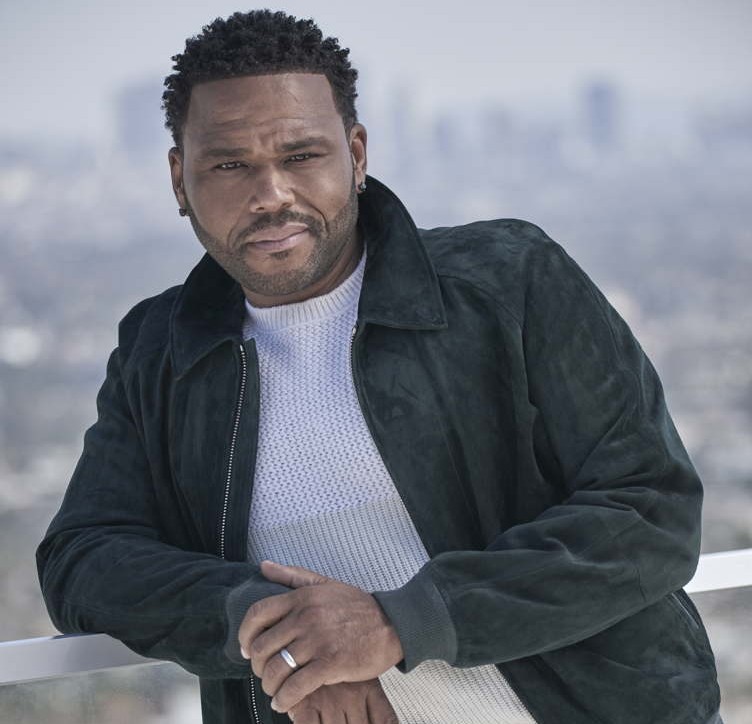
“The stories that we tell resonate with the audience,” Anderson notes. “We aren’t trying to pander to any one particular demographic; we’re just being true to who we are, and in doing so, opening up the show to a much broader audience across the board. I believe that’s why [black-ish] resonates with whites, with blacks, with Hispanics, with everyone.”
He recalls testing the series for Fortune 500 companies around America before the pilot debuted. “It was the biggest compliment, because everyone would give us a standing ovation at the end of the show, and the majority would say, ‘When I see your family, I see my family.’”
The show, which had its season 4 premiere on October 3, is also a hit because it paints the picture that all families and, on a deeper level, all people are alike, regardless of ethnicity or color.
“It gives insight into not just black culture, but the culture of a family who happen to be African-American,” Anderson agrees. “We are not a monolithic race of people. They go through the same things as you go through, and vice versa. It’s like someone pulled back a veil and gave us a view in, and in pulling back that veil, you see the commonality between all of us. You hurt just like I hurt, you feel just like I feel. Hopefully, we’re bridging that gap.”
That said, Anderson doesn’t just want to make a difference in the entertainment world—he wants to do good and give back as much as he possibly can.
He recently hosted his first annual Anthony Anderson Celebrity Golf Classic, benefiting the American Diabetes Association, the Los Angeles Mission and the Boys & Girls Club of America. He also proudly serves on the GOOD+ Foundation’s Fatherhood Leadership Council and was recently inducted into the Class of 2017 Boys & Girls Club of America National Alumni Hall of Fame. All his charitable involvement is done in conjunction with The Anderson Family Foundation, the nonprofit organization he founded with his wife, Alvina.
Most of all, he gives back to the place that made him the man he is today, the place he calls home: Compton.
His hometown gets a bad rep, mostly because, at several points in recent history it had one of the highest crime rates in the United States. In the 1980s, it was a hotbed for gang violence. Let’s just say, N.W.A. didn’t release Straight Outta Compton without reason. But slowly, with the help of passionate and prominent locals like Anderson, the city is on the rise, both in terms of safety and in gentrification.
He references fellow celebrities who struggled with growing up in the Compton of yesterday, from athletes Baron Davis and James Harden to rappers Kendrick Lamar and Tyga, and even Kevin Costner and Ava DuVernay. “There are a lot of us that were the roses that grew out of the concrete, so to speak. We had something to prove, something to share with the world, and wanted to shine a spotlight on a city that’s [received a lot of negative attention]. I wouldn’t be where I am today if someone didn’t give back to my community and to me,” he admits. “And for me, it’s about paying it forward. Growing up, it was said ‘Never forget where you came from,’ and I can’t. No matter how far I climb or how high up in the elevator I go, I must always send the elevator back down to bring the next person up. I’ve always made it a point to be on that elevator, to explain the pitfalls I went through to get to where I am so [the next generation] can go even further in less time.”
He has big plans for the Centennials aka the Generation Z of his city. First and foremost, Anderson, his fellow hometown hero Dr. Dre and current Compton major Aja Brown are coming together to build a performing arts center in the city, which will include a 1,200-seat theater and digital media production equipment.
This year, he’ll spread holiday cheer by reprising his Christmas giveaway, where 1000 citizens receive goodie bags of groceries. Through the nonprofit, the Anthony and Alvina Anderson Charitable Support Foundation, which provides funds to a variety of deserving organizations, he’ll be awarding funds to both an equestrian group and a pilot program straight out of Compton, as well as other at-risk teen programs he supports in conjunction with the mayor’s office.
His ulterior motive for working with underserved teens is actually pretty selfless. “Quite often I go to these schools, the schools I attended growing up in Compton, and the young students sit there and somewhat identify with me… but it doesn’t matter, because I identify with them,” he says. “Their issue with me is, ‘You don’t know what it’s like.’ And I’m like, ‘Well, I do know what it’s like because I once was you.’ I haven’t always been rich, I haven’t always been famous. I was once you, sitting in that same chair, asking the same questions of the person who spoke to my class during career day. I let them know that whatever you dream of, you can achieve just by putting the work in to it. That’s what I find myself doing. That’s my connection back to my city.”
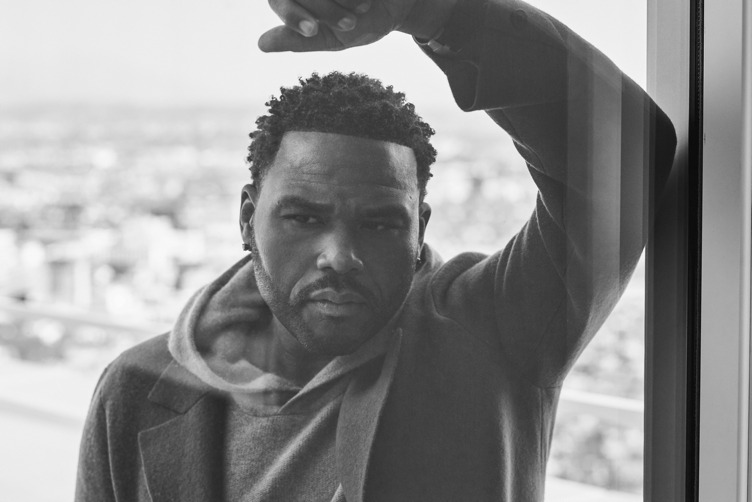
BIG DREAMS & BECOMING RYAN SEACREST
So he never made the Dallas Cowboys dream come true, but that was a blessing in disguise, as he’s more of an Oakland Raiders fan now anyway (at age 9, “America’s Team” was everything).
“The next step is to take a page out of the Ryan Seacrest and Mark Burnett book,” he says. “I’m not going to be in front of the camera my entire career, my entire life. There are other things I want to do and that’s direct, produce content for other talent and dabble in the reality space.”
À la Seacrest, the man responsible for the Kardashian family’s rise to fame, and Burnett, the megaproducer behind shows such as The Voice, Survivor and Shark Tank, Anderson, too, is focusing on mogul status.
“I want to create more game shows and talk shows. Take a look at Mark Burnett and Ryan Seacrest and what they’re doing—those are the things that I want to do,” he notes. “The quality that can be associated with either of those two—that’s what I see myself doing. When you see the name Anthony Anderson or A2 Productions, Inc., you’ll know what to expect. That’s what I’m on the road to do now. That’s the next chapter in the book of Anthony.”
He applies this innate pragmatism to his career every time he auditions—every role that he earned was meant to be. And those he lost, well, that was fate, too.
“I’m a firm believer than no one can take what’s rightfully due to me, just like I can’t take what’s rightfully due to them. That’s how I’ve always been with regards to my career and auditioning,” he explains. “What’s meant for me to have is meant for me to have. Period. No one can step in and take [a job] from me, just like I can’t take [a job from you].”
So he has a system, and it’s this: “I will always say my little mantra and my little prayer before I go in for a meeting or an audition. I ask for the job to be mine, if it’s meant for me to have. And if it’s not meant for me to have, it was never mine, and I can’t be upset with that.”
When we express surprise at so much practicality, he notes, “I’ve always been that way. I’ve never been in competition with another man. I’ve been in competition with myself, but not another person. You never know what another person’s journey is. I knew my time was always coming. I couldn’t will it any sooner than it was destined to come.”
Because he has always applied such a rational and fair approach to his own career, the power-hungry landscape of Hollywood is not something he loves to discuss. “Right is right, and wrong is wrong. There are a lot of people out there who abuse power, but I’ve never been one to do that,” he affirms, before adding, “I’ve never been one to want to do that. We can talk about the difficulty of it being successful in Hollywood. Men and women make mistakes. We are in an interesting time, not just in Hollywood but in life in general.”
His own approach to success has been much more straightforward, and far more about determination than power. After attending the Hollywood High School for the Performing Arts, where he won first place in the NAACP’s ACT-SO Awards with his performance of the classic monologue from The Great White Hope, the performance that earned him an arts scholarship to Howard University, he landed his first big break in 1996 on the NBC teen sitcom, Hang Time. He moved on to films in 1999 with a role in Barry Levinson’s dramedy Liberty Heights, continuing on to star in a handful of blockbusters, including Michael Bay’s Transformers; Martin Scorsese’s Oscar-winning feature The Departed alongside an all-star cast of Leonardo DiCaprio, Matt Damon and Jack Nicholson; and the all-star comedy The Big Year. His extensive résumé also includes the films Me, Myself & Irene, Barbershop, Barbershop: The Next Cut, Scary Movie 3, Kangaroo Jack, Exit Wounds and Harold & Kumar Go to White Castle.
That’s not all: Anderson has also mastered the small screen. He starred in the WB sitcom, All About the Andersons, which was loosely based on his life, had a brief stint on The Bernie Mac Show, as well as a recurring role on The Shield, and enjoyed two years playing Kevin Bernard on Law & Order – a role that landed him his fourth consecutive NAACP Image Award nomination for “Outstanding Actor in a Drama Series.”
And just to reiterate, he’s not planning to slow down anytime soon. Next up in January is his indie flick that premiered at SXSW called Small Town Crime, co-starring Octavia Spencer, John Hawkes and Dale Dickey, as well as not one, but two animated projects. In the November 17 release of The Star, a Columbia Pictures film with Tyler Perry, Gina Rodriguez and Oprah Winfrey, Anderson lends his voice to Zach the goat, who becomes one of the unlikely unsung heroes in the first-ever Christmas. In December, he’ll again appear alongside Rodriguez in the 20th Century Fox feature Ferdinand, as a bull named Bones helping the film’s eponymous bull (John Cena) to get back home after a series of misadventures.
In recent years, the self-proclaimed foodie has delved into the reality realm. In addition to Eating America with Anthony Anderson—his 2014 summer show where he traveled to various American towns to sample their cuisine-specific food festivals—he is also a regular judge on Iron Chef America. In 2013, he also signed on to host the celebrity family game show Wall of Fame, and is continuing to host the ABC game show To Tell the Truth in its third season. As if that wasn’t enough, he is currently in the process of producing grown-ish, a black-ish spinoff revolving around his on-screen daughter, Zoey (Yara Shahidi), to debut in 2018 on Freeform. He’s also inexplicably found the time to raise his two children, Kyra and Nathan (who has followed in his dad’s footsteps by starring as Tahj on the Netflix sitcom Richie Rich) and be present in his children’s lives—a rarity in the Hollywood vortex—with his college sweetheart and wife of 20 years, Alvina.
With such a diverse repertoire, he truly embodies what it is to be a modern-day Renaissance man. We tell him so, and he laughs. “You know what’s crazy? The first time I heard that about myself, I was a senior in high school, and since then I’ve heard it a few times. I do consider myself by definition, I guess, a Renaissance man. I like to say that I’m a jack-of-all-trades, a master of self.”
And so what if that means long hours at the office, or a plethora of sleepless nights? “I get my rest, but sleep, no,” he admits. It’s a sacrifice he’s willing to make for that “kid from Compton with a dream, who gets to live his dream everyday.”


